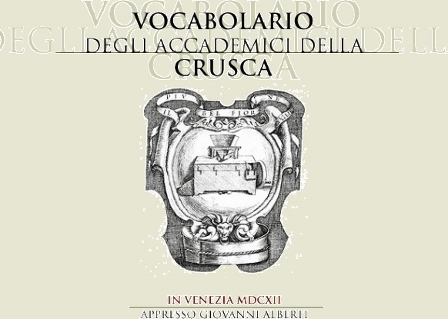
WTI Magazine #73 2015 November 27
Author : Giosué Prezioso Translation by:
In Italian, "mo" is a colloquial everyday-life adverb meaning "now", "in this moment". It sounds highly-conversational and rather vernacular, being in fact avoided in formal circumstances and in certain regions of Italy itself. However, its origin is impressively poetic. "Mo", mostly pronounced "mò", comes from the Latin words "mŏdo" and "modus", meaning "now", "currently". For instance, the word "modern", common in English, Italian, French, and many other languages, means "of this time", "now popular". "Modern" can be fashion, literature, art, words... "a modern painting", "a modern artist", "a modern proverb".
But, if "modern" works, "mo" does not. Nowadays, it still sounds poor, informal, and vernacular. In fact, it was Dante himself, the Father of the Italian language, who used it in his Divine Comedy: "questi spirti che mo t'appariro", he wrote (and it was the chapter about Heaven!). Therefore, it seems that, via Dante, Italian modified, contracting, an adverb coming from Latin: mŏdo became mo.
According to the Accademica della Crusca, the highest institute of Italian language, the disappearing of "mo" and its wrong association to dialects and Southern Italy is due to its misspelling. The Latin form "mo" has not any accent. In literature, instead, we find "mò" (closed sound) and "mo'" (open sound), slightly changing its tone and pronunciation.
The Crusca states that, probably because of this doubt, "mo" definitely disappeared from literature and then Italian, remaining an underestimated word associated to poor Italian and people.
"Mo" is instead the root of many words shared by many languages, such as "modern", "moment", "mode", and so on.
From 'mo' on, let's use mo!



